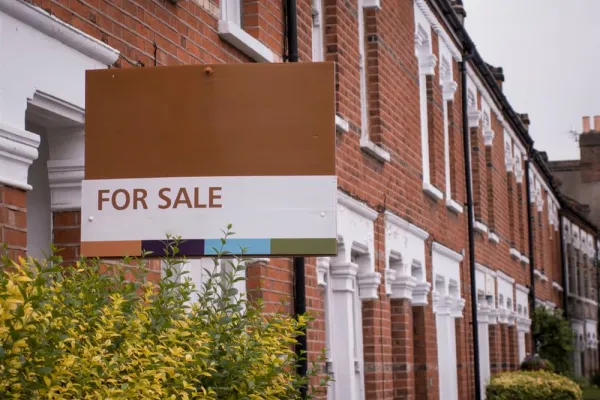Flooding is a major concern for almost any homeowner.
It is particularly common in the UK, due to the country’s weather conditions. This means that homeowners need to declare flooding when selling a house.
But how much will a flooding history reduce your property’s value? And can you sell a house that is still flooded?
Read our blog below to find out.
How common is flooding in the UK?
Research from Reach and Rescue says that around 5 million people live in flood risk areas.
Climate experts expect that these figures will rise over the next decade. This is due to conditions becoming more extreme.
Which parts of the UK get the most flooding?
Some parts of the UK are more prone to flooding than others. This depends on the flood barriers and infrastructure that exists in that specific area.
It is thus common for a town to become flooded, but a neighbouring area (less than two miles away) to be fine.
Flooding is widespread in areas close to major rivers. Data shows that the region with the highest flooding levels is the West Midlands.
For example, towns close to the River Severn, River Churnet, and River Tean were at the top of the list.
In Wessex, the Somerset coast at Porlock Weir received 176 flood alerts. Christchurch Harbour ranked second.
Areas close to the Humber Estuary in Yorkshire and the Eastern Yar in Solent and South Downs ranked high. The Essex coast surrounding Clacton was near the top of the list, too.
Can I sell a house with a history of flooding?
Yes, you can sell a house with a history of flooding on the open market. However, it may affect the value of the property, so you should keep that in mind.
It is better to be transparent about flooding difficulties. It’s something you should declare when selling a house.
Demonstrating that an expert has looked at the situation and put in measures will help.
If you have an in-depth report explaining everything that took place, this will settle your potential buyer’s nerves.
It will also be essential for your buyer to get a mortgage on the property from a bank.
Do I need to declare flooding when selling a house?
Yes, you need to declare a flooding history when selling your house. This is in the TA6 form.
Sometimes, your buyer will discover that the house is prone to flooding after the transaction completes. If you hid this detail from them, they can sue you.
Can I sell a house that is still flooded?
You cannot sell a house that is still flooded on the open market. But, there are other methods of offloading it.
Most cash buyers will be willing to buy a property that is still flooded – but you will receive a reduced price for it.
This is especially true if the full damage caused by the flooding is not yet clear, or if it is likely to happen again.
You may be able to sell your flooded house at auction. Although not every auction house will accept it in this condition.
You should speak to the auctioneer and ask them. They may want to visit the house in-person to inspect it.
How much does flooding history affect property value?
The severity of any flooding will dictate how much your property value falls by. It also depends on how recently it occurred.
You should also prove that preventative measures will stop the issue occurring again.
Bayes Business School says that properties at risk of flooding sell 8.14% lower compared to others.
Meanwhile, CIA Landlords says that a property with flooding history will be around 20% less valuable.
Why do properties with a history of flooding sell for less?
There are several reasons why properties with a history of flooding usually sell for less.
Flooding has an impact on the building itself. If there is damage to the structure, damp is present on the walls, or plug sockets are now faulty, then this will make your property less desirable.
It can also make subsidence issues worse.
Preventative measures need time and money to maintain.
For example, an expert may need to check that everything is working as expected every one in a while – which will incur a cost.
It is difficult to get a mortgage on a property that has a history of bad flooding. This is because lenders want their loan to be invested into the house.
For homeowners who secure a mortgage, the lender might increase the interest rate. A potential buyer will reduce the asking price to compensate for this.
Taking out Building Insurance will be more expensive if the property has flooded recently.
Are some property types more at risk of flooding?
When it comes to flooding, the location of property makes the biggest impact on whether it will flood.
Yet, statistics show that the property type can make a difference, too.
Any house that has a reduced ability to install flood-prevention measures is more vulnerable.
For example, semi-detached and terraced properties can only install improved windows.
Doors, vents and pipes can also be installed if the neighbours work in partnership with them.
You don’t need approval from any neighbours to install preventative measures with a detached house. This makes it easier to prevent the accident from occurring.
















